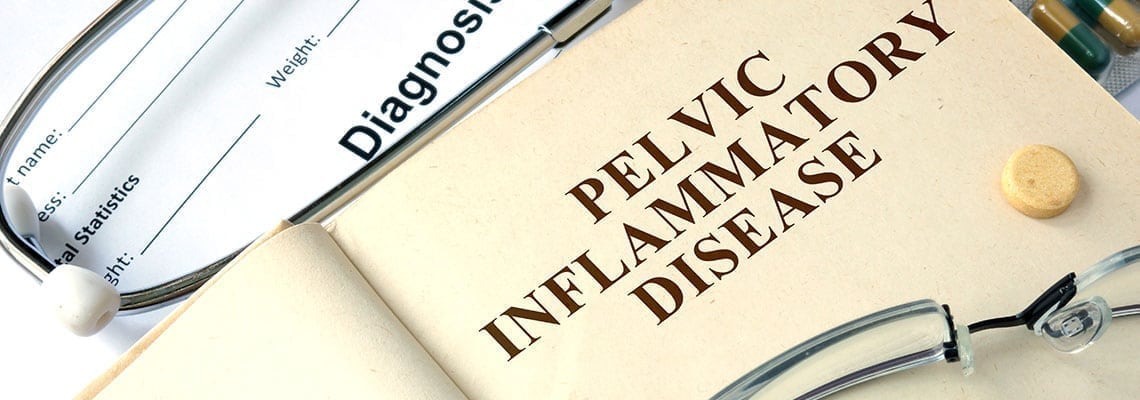Contracting an STD can have devastating effects on your fertility as well as your health, with several of the diseases carrying the risk.
The symptoms are troublesome enough, but many STDs increase the chance of permanently damaging both men and women’s ability to have children. Being aware of these diseases and taking steps to prevent them beforehand is the best way to avoid any complications, all of which are discussed below. If you’re having any type of sexual intercourse, especially without being aware of your or your partner’s health, you could be at risk.
The Offending Diseases
There are more than 20 types of STDs you may contract, some of which are deadly on top of being debilitating. Chlamydia, gonorrhea, PID, syphilis, and HIV are some of the most common STDs in those who are experiencing infertility; in cases of the disease being asymptomatic, you might not realize it’s lowering your possibility of conception until it’s too late. With STDs continuing to spread at harmful levels, it’s vital to take precautionary steps once you become sexually active or are trying to get pregnant.
How They Affect Fertility

Effects On Pregnancy And Delivery
It is also important to recognize that, due to the nature of many STDs, they can be spread to newborn children or transmitted to babies in the womb. Thus, the child in the womb is already at risk if the bacteria of the sexually transmitted disease are in the blood of the pregnant woman. These include diseases such as gonorrhea, syphilis and HIV. Infection may occur during childbirth if, during delivery, the child comes into contact with bacteria located in the vaginal area or in the mucous membrane of the cervix. An STD could lead to the baby suffering several complications, such as contracting the disease, developing physical disabilities, having trouble delivering or dying. Therefore, timely treatment in pregnancy is essential to protect the child.
Prevention
As is the case for most diseases, the first step to avoiding STDs is maintaining good sanitation. This means practicing safe sex and regular doctor visits for testing and voicing any concerns you have. While STDs can leave options like in vitro fertilization a possibility, they come at high time and money costs where adequate safety measures do not. Moreover, IVF treatments do not always promise success. Condoms, in particular, can lower the risk of spreading a disease, but don’t expect overall birth control to have much of a preventative effort. Education is key, and when you’re aware of the signs and symptoms of an STD, it could go further to preserving your ability to have children than anything else. When caught in time, you can look forward to proper treatment or curing with antibiotics. This depends on which STD you may have, so be transparent about what you notice.
In short, research is still pending on exact causes of infertility through STDs. What is known, however, is enough to warn the sexually active about their chances of contracting an STD and impairing their chances at starting a family. The damage these diseases leave can take several forms, which makes it all the more important to recognize when you might have one. Not every instance of an STD expresses symptoms, though; keeping up to date with your doctor will be crucial to stopping them short. When you understand and apply safe behavior to your sexual activity, you can preserve your fertility for your future.




